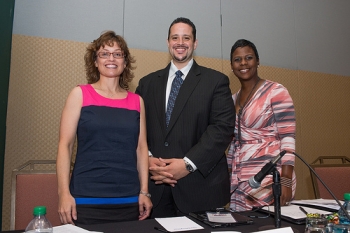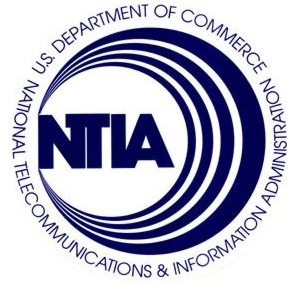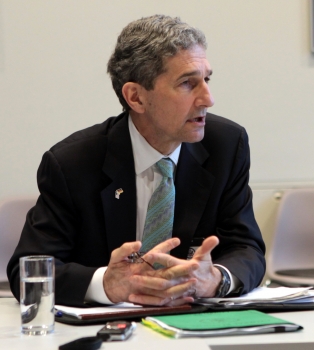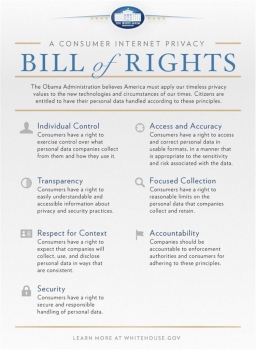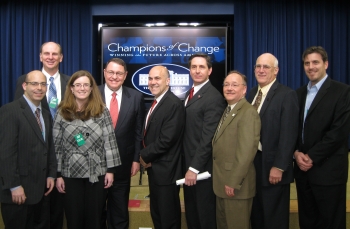Acting Secretary Blank Names Members of First National Public Safety Broadband Board in Minnesota
Acting U.S. Commerce Secretary Rebecca Blank was in Minneapolis, MN, today to address attendees at the Opening General Session of the 78th Annual Conference and Expo hosted by the Association of Public-Safety Communications Officials (APCO) International.
In addition to thanking America’s first responders and public safety officials for keeping our country safe and secure, Acting Secretary Blank announced that she appointed twelve of the nation’s leading experts on public safety and wireless broadband communications to serve on the Board of the First Responder Network Authority (FirstNet).



